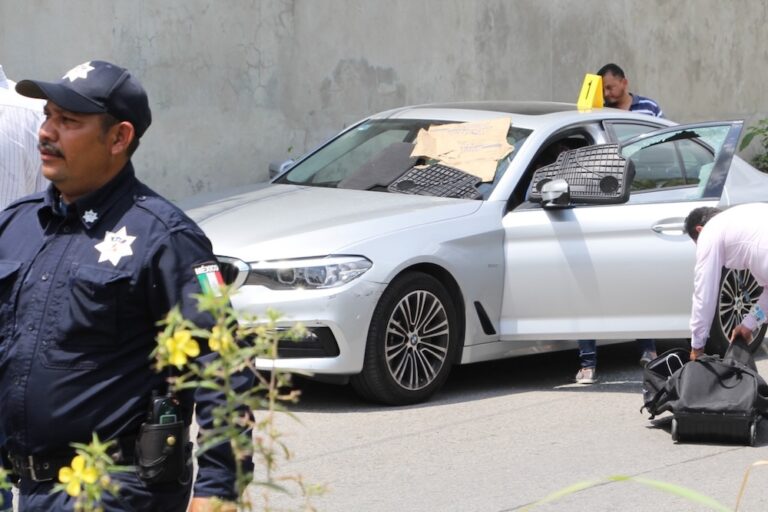While in the murder of journalists of Honduras and Mexico there exist doubts about whether the motives were linked to their work, IAPA urges the authorities of the two countries to investigate the cases promptly and effectively in order to establish the causes and determine who was responsible.
This statement was originally published on en.sipiapa.org on 15 September 2017.
The Inter American Press Association (IAPA) today expressed concern over the murder of journalists in Honduras and Mexico and at the risk another is facing in Paraguay. The organization also noted the sentencing of the killer of a female reporter in Colombia.
The chairman of the IAPA’s Committee on Freedom of the Press and Information, Roberto Rock, declared that “the organization is alert to situations of violence and threats carried out in recent weeks in several countries of the region.”
Rock, editor of the Mexican news site La Silla Rota, explained that “while in the murder of journalists of Honduras and Mexico there exist doubts about whether the motives were linked to their work we urge the authorities of the two countries to investigate the cases promptly and effectively with the objective of clarifying them in order to know the causes of the crimes and determine who was responsible.”
In Honduras, murdered on September 13, 2017 was journalist Carlos Williams Flores, who worked at Canal 22 television and hosted the program Sin pelos en la lengua (Without mincing words) in which he covered cases of irregularities in the local municipality. Unidentified persons riding motorcycles shot at him as he was returning to Cuyamel city in Cortés province. A female employee of the channel who was accompanying him at the time was injured in the attack.
According to the Honduras press, Flores was also the owner of a pool hall where two months ago a police officer was killed, for which reason the authorities are investigating if there is any relationship between the journalist’s murder and the incident which had occurred in his business.
In Mexico, Juan Carlos Hernández, a stringer for the news web site La Bandera Noticias, was murdered on September 5. Hernández, 29, was attacked by assailants who shot him as he was leaving his home that evening in the town of Yuririra in Guanajuato state. Local media reported that the web site had been denouncing threats.
Guanajuato authorities stated that the murder of Hernández, who in addition to working as a stringer photographer and newsroom assistant at Bandera Noticias also was a taxi driver, was not believed to be connected to his work in the press.
In Paraguay, Rock mentioned the case of journalist Cándido Figueredo, correspondent for the newspaper ABC Color in Pedro Juan Caballero city, located in the trouble spot known as la Triple Frontera (The Triple Frontier), where Braziliian and Argentine territories also converge.
On September 2, a judge signed the release from prison of Felipe “Baron” Escurra, an alleged drug dealer jailed since 2016 and who six years ago plotted Figueredo’s murder in reprisal for the publication of information in which he was mentioned.
An official report of a Brazilian entity specializing in combating organized crime in 2011 intercepted “a dialogue between Felipe Escurra Rodríguez (…) and José Marcelo Da Silva (held in a maximum security prison in Campo Grande), in which the first one claims that his name would be appearing a great deal in the newspapers, and for that reason he would order to be killed the journalist responsible, in this case Cándido Figueredo, correspondent of the newspaper ABC Color, in Pedro Juan Caballero-PY,” the newspaper disclosed.
“We fear for Figueredo’s safety,” Rock declared, after adding that since 1995 the journalist has had 24-hour-a-day police security after suffering several attacks in retaliation for his news coverage and for the continuous threats against him and his family.
On another matter Rock considered the sentence handed down in Colombia against the perpetrator of the murder of female journalist Flor Alba Núñez Vargas “as a step ahead in the fight against impunity, although the instigators of the crime have yet to be identified and brought to trial.” He recalled that the majority of crimes against journalists in Colombia remain unsolved. On September 8, Juan Camilo Ortiz was sentenced to 47 years in prison for the murder of Núñez Vargas, committed on September 10, 2015 as she was heading to her workplace at the La Preferida Stéreo radio station in Pitalito city, Huila municipality.


